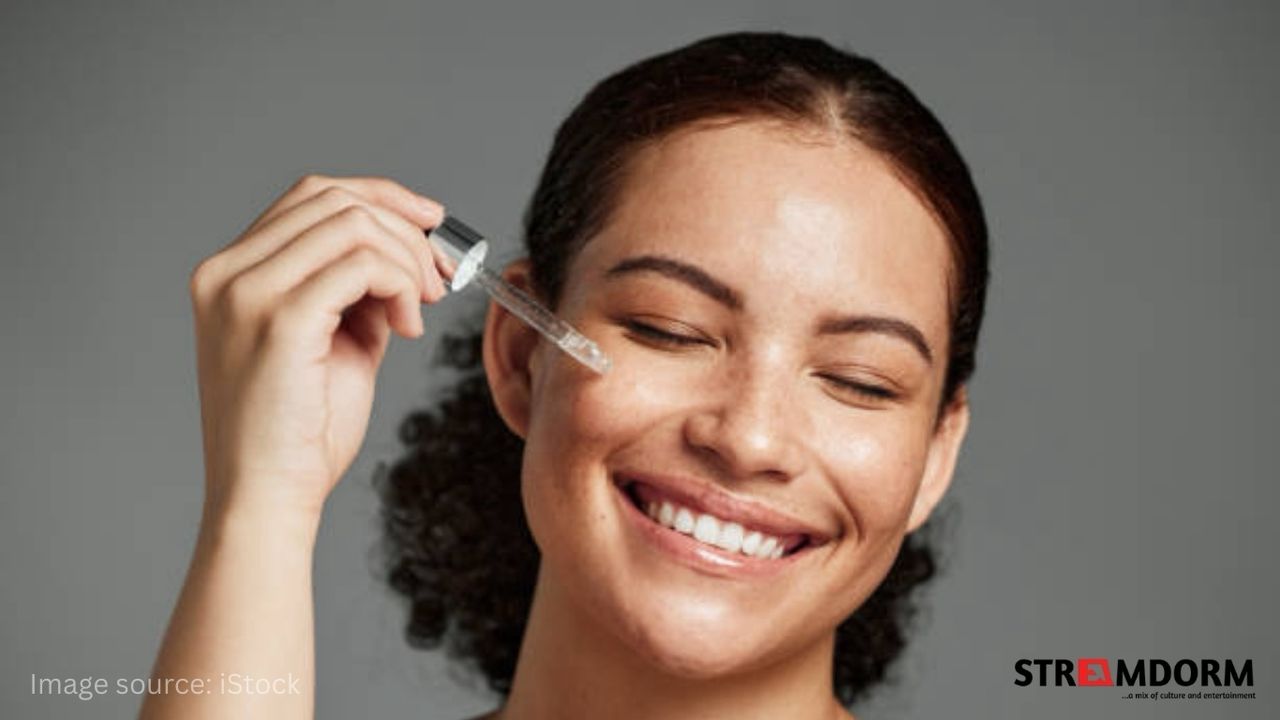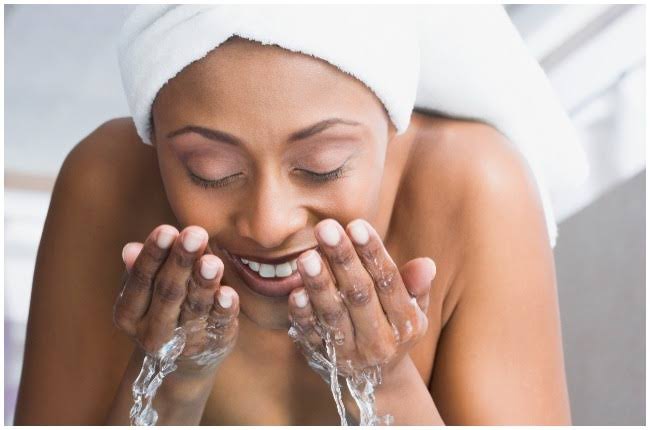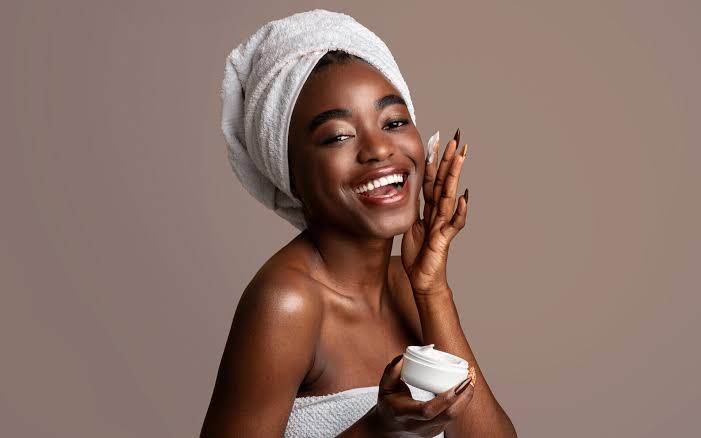Skincare isn’t one-size fits all. The serum that works magic for someone with dry skin might be too heavy for someone with oily skin, and a product that clears acne for one person could irritate a sensitive face. That’s why choosing the right serum starts with understanding your skin type.
This guide breaks down 7 of the best face serums ever, matched to the skin types they suit best. No hype, no pressure, just pure research to help you make a smarter choice for your routine.
Dry Skin (Deep Hydration)
La Roche-Posay Hyalu B5 Serum
Dry skin needs hydration and this serum focuses on that without feeling greasy. Its blend of hyaluronic acid and vitamin B5 helps the skin feel plumper and more comfortable, especially when dryness makes the face feel tight after washing.
Best for: dryness, tightness, dehydration
Why it stands out: lightweight, gentle, and comforting on the skin
Oily Skin (Shine Control)
The Ordinary Niacinamide 10% + Zinc 1%
Oily skin isn’t something to “fix,” but it can be balanced. This serum is popular because it supports shine control and helps the skin look more even without feeling heavy.
Best for: oily T-zone, clogged-looking pores, uneven texture
Why it stands out: affordable, simple formula, beginner-friendly
Combination Skin (Balance & Glow)
Beauty of Joseon Glow Serum
Combination skin needs moisture in some areas and lightness in others. This serum offers glow without heaviness, making it easier to balance dry cheeks and oily areas like the forehead and nose.
Best for: dullness, uneven tone, mixed texture
Why it stands out: lightweight glow, gentle BHA for clarity
Sensitive Skin (Calm & Comfort)
Tower 28 SOS Intensive Rescue Serum
Sensitive skin reacts easily, so calmness is the priority. This serum focuses on soothing irritation without harsh exfoliants or strong actives.
Best for: redness, irritation, easily triggered skin
Why it stands out: simple formula built to be gentle
Acne-Prone Skin (Clearer Texture Support)
Drunk Elephant T.L.C. Framboos Night Serum
For acne-prone skin, exfoliation can help clear dead skin buildup on the surface. This product is often used at night and contains mild acids that support smoother texture. A little goes a long way.
Best for: breakouts, rough texture, clogged-feeling pores
Why it stands out: night treatment style; keep usage minimal to avoid sensitivity
Dull Skin (Brightness & Radiance)
SkinCeuticals C E Ferulic
Brightening serums are popular for skin that feels dull or tired. This is praised for helping the complexion look more awake and even. Vitamin C serums like this pair best with sunscreen during daytime routines to protect the skin.
Best for: tired complexion, dark areas, uneven look
Why it stands out: strong reputation and glow-focused results
Mature / Early Aging Skin (Smoother Texture)
Medik8 Crystal Retinal Serum
As skin changes with time, texture and fine lines can become more noticeable. Retinal serums are often used for this, but they should be started slowly to avoid irritation.
Best for: texture changes, uneven tone, early aging signs
Why it stands out: available in different strengths for different comfort levels
There’s no “perfect” serum for everyone but there is a serum that matches your skin’s needs. Start with your skin type, choose one concern at a time, and go gentle. Consistency matters more than having a long routine.
Disclaimer
This article is for general information only and is not medical or dermatological advice. Everyone’s skin is different, so products may work differently for each person. If you have ongoing skin concerns, irritation, or a medical condition, consult a qualified professional or dermatologist before starting new skincare products.










